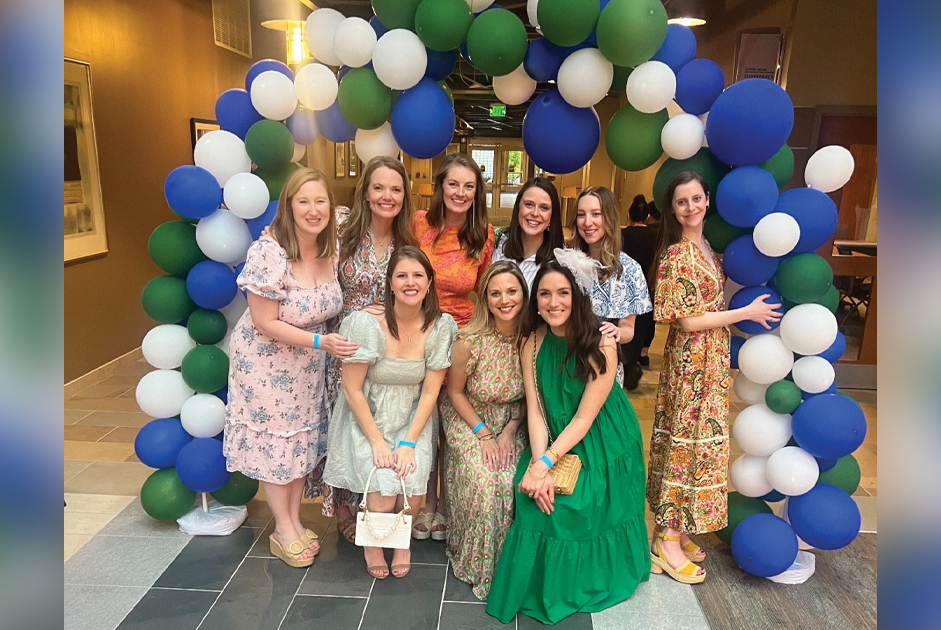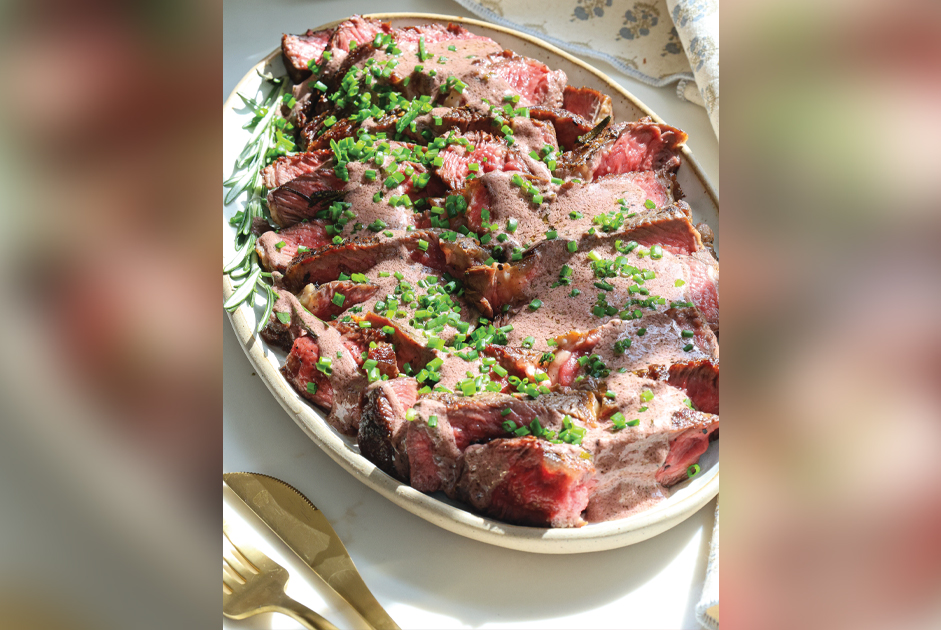“Happiness,” according to the Merriam-Webster Dictionary definition, is “a state of well-being and contentment.” While the dictionary offers a simple and easy explanation of what this feeling is, how to obtain this feeling is a life-long quest for many. There are countless complex reasons for why someone could feel “happiness.” While what makes one happy may vary from person to person, there is more behind the psychology of this feeling.
According to the article, “What makes you happy…really?” from Psychology Today, happiness is an emotion that can be incredibly complex. “From a psychological point of view, a state of happiness arises from the complex interaction among your biology, biography (history and culture), and physiological sensations.” In laymen’s terms, the experience of positive emotions—like elation, relief, and bliss—is a result of specific circumstances in life. Many of these circumstances occur early in life, such as a newborn enjoying their feeding.
The affect theorist, Silvan Tomkins, stated that only two of nine basic affects are involved in creating the emotions that lead to happiness—enjoyment/joy and interest/excitement. One may view a smile to be a result of enjoyment/joy. This is true, yet the reason that led up to the smile could stem from a variety of factors. One could consciously smile as a result of unconscious memories of previous experiences; this would be the case with an infant viewing her mother/father. Another could smile in anticipation of experiencing something pleasant, such as spending time with loved ones. All this said this, “enjoyment/joy” and “interest/excitement” affects are the groundwork on which human relationships are based.
Another theory is that specific individuals are predisposed to being “happy,” based on their own biological background. In the latest issue of the journal Nature Genetics, molecular biologist Dean Hamer of the National Cancer Institute reviews studies suggesting that “one’s baseline level of happiness – the very small range within which one’s happiness level fluctuates – is “largely a matter of heredity.”
Understanding the psychology behind happiness is vital, however, what many want is how exactly to obtain this feeling of euphoria. It is true that one can scour for hours through the self-help section of a bookstore for books dedicated to helping one feel “happy.” While the verdict is still out on whether or not these “remedies” really work, what one can do is look at the daily habits of these “happy people.” Read on for the top five habits of these content individuals.
Happiness Habit #1: Appreciate close relationships: Individuals who have at least one or more close relationships, are able to feel joy more than those who do not have this. The old adage, “quality over quantity,” absolutely applies here. People do not need a “wide social network” to feel this bliss. What seems to matter is the ability to make these connections and offer each other support and love.
Happiness Habit #2: Delight in physical well-being: It is true that those who are regularly physically active enjoy improved mental well-being. According to “The Cochrane Review,” exercise has a “large clinical impact” on depression. The endorphins produced when one is physically active can help improve one’s mental health and lower the chance of depression.
Happiness Habit #3: Cultivate kindness: People who volunteer and give back to the community on a regular basis often seem to be happier and feel more satisfaction. The joy that comes from knowing that one is helping another’s life improve can have a lasting positive effect on that person’s mindset. While volunteering is the most common, those who simply help others—like helping a troubled colleague—can reap the same satisfaction.
Happiness Habit #4: Engage in Spirituality: This does not mean one has to become overly religious. It is simply proven that there is a close link to spiritual and religious practices and happiness. Prayer and spirituality offer individuals an opportunity to engage in a meditative act. Meditation itself has a strong calming effect on the body by reducing stress and anxiety.
Happiness Habit #5: Employ hobbies: Whether it is cooking, or watercolor painting, being able to enjoy some type of interest/hobby will enhance one’s well-being. Numerous studies reveal that the “happiest people,” are those who have discovered and utilize their own strengths.






















